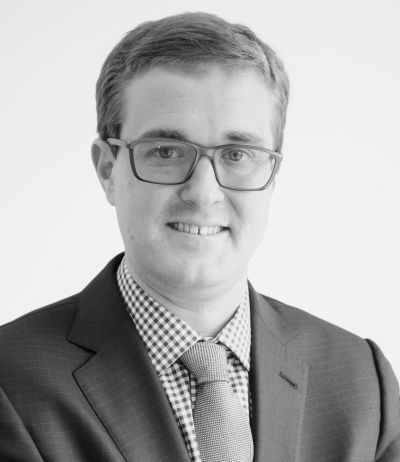
Gerard Kennedy, Law’10, is embarking on a mission to improve access to justice in Canada. As a Trudeau Scholar, he’ll be exploring how civil procedure can be reformed in addressing one of the country’s most pressing issues. His 2016 Trudeau Scholarship, a top academic award given to exceptional Canadian students for doctoral studies, is valued at $60,000 for each of the next three years.
Kennedy, a member of the Dean’s Council at Queen’s Law, has clerked with the Ontario Superior Court of Justice, completed an LLM at Harvard as a Frank Knox Memorial Fellow and practised civil litigation as an associate with Osler, Hoskin & Harcourt LLP. “The expense and unpredictability of civil litigation result in meritorious actions not being brought, or defendants feeling obliged to pay settlements simply to avoid it,” he says.
“Most of us know someone (if not ourselves) who has been involved in a civil lawsuit. Odds are that it has been an unpleasant experience and that the unpleasantness was needless,” he explains. “This state of affairs has nonetheless been recognized as a problem. I want to see what is – and what is not – working in the realm of civil procedure reform, with a goal to seeing how to improve things going forward.”
The doctoral work that Kennedy will be undertaking at Osgoode this fall could not be timelier. He was partly inspired by a recent Supreme Court of Canada ruling that identified how dangerous the problem is for justice in Canada. “In its 2014 decision Hryniak v. Mauldin, the Court recognized the state of access to civil justice as one of the least admirable aspects of Canada's justice system, and a serious threat to the rule of law. I want to investigate how this call to action has been heeded.” He also credits his time at Queen’s with this interest. “Queen's nurtured an interest in litigation, which led to a time in private practice in Toronto. That, in turn, made me interested in the topic.”
Funding from the award will allow Kennedy to give his attention full-time to this important work. “I'm hoping that by combining empirical research and legal theory, I can contribute to a discussion of how to improve civil procedure,” he says. “I’ll also be able to travel and network with a diverse group of individuals who can provide unique perspectives on civil justice reform.”
— Anthony Pugh